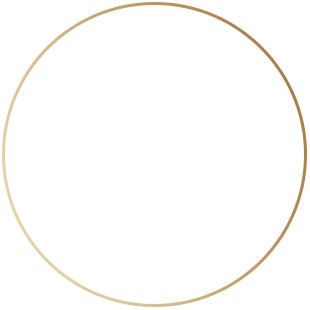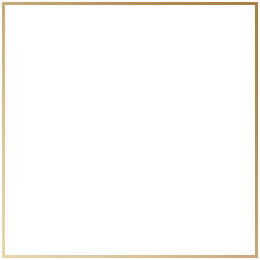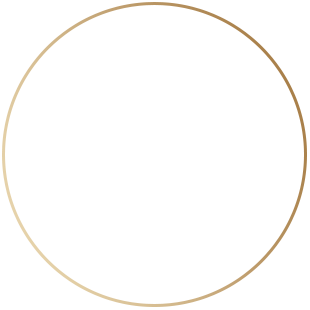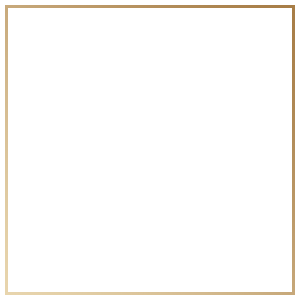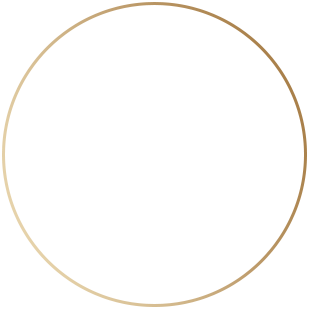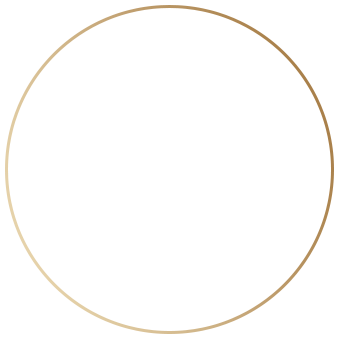If you manage a company or if you take responsibility for its operation as an owner, then you
constantly strive to develop it and to increase the shareholder value by getting better results.
Yet you face a continuous challenge: daily tasks require focusing up close, while regularly adjusting strategy to the constantly changing environment demands a larger view.
For the manager or owner of a company operating in multiple locations, multiple countries, developing the necessary perspective presents an even bigger challenge.


